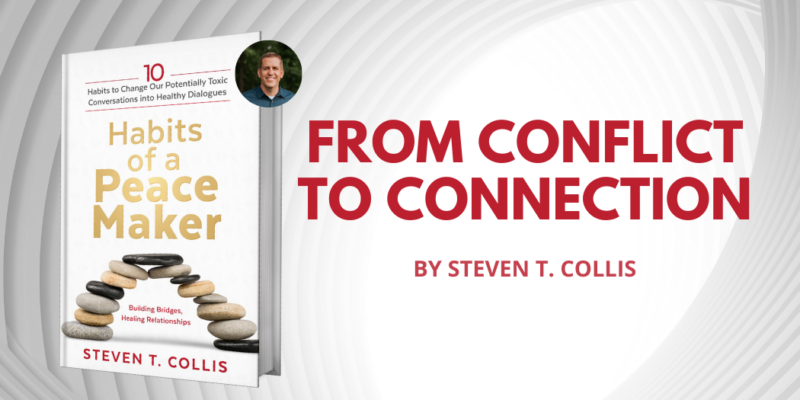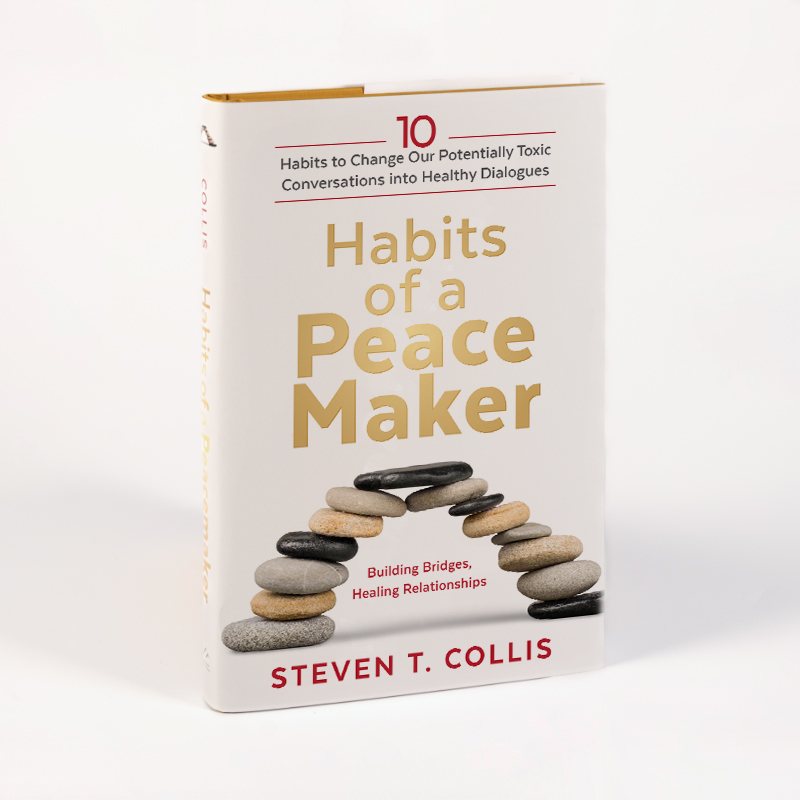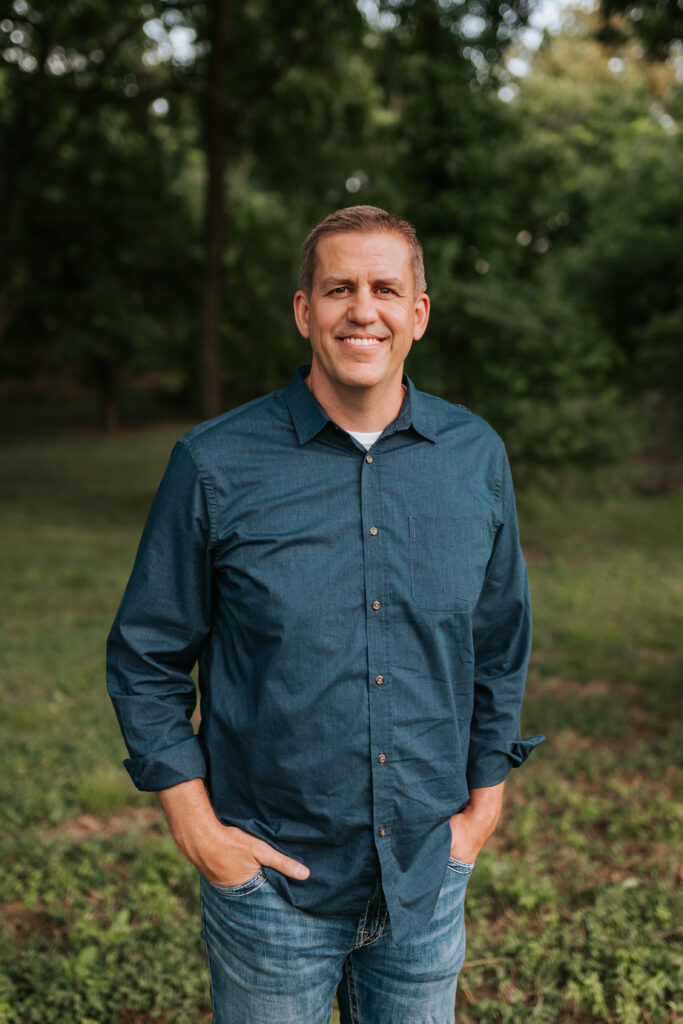
by Steven T. Collis, Author of Habits of a Peacemaker
I have been working for the past few years to understand better the habits of peacemakers, those among us who are able to have productive conversations about hard topics. Any hard topic: politics, religion, complicated family situations, difficult issues at the office, parenting, or any other difficult conversation we can imagine. I wanted to write about it because it relates directly to my work.
I am a law professor at a leading law school who specializes in the First Amendment. I get paid to teach about and travel the globe discussing the most pressing and divisive issues in many societies: free speech, religious freedom, freedom of the press, campus protests, the legality of abortion, academic freedom, media rights, and constitutional interpretation, to name a few. I speak with academics, media, diplomats from around the world, foreign and domestic judges, high schoolers, religious leaders, college and graduate students, devoted atheists and agnostics, devout churchgoers, members of the LGBTQ+ community, those who believe in traditional understandings of sexuality, and people across the ideological spectrum.
What surprises most people when they hear about what I do is this: to date, neither I nor the people I speak with have experienced a single negative outcome in our conversations. No one has turned on anyone else in a rage. We have not been shouted down or cancelled. The conversations in which I participate have not devolved into screaming matches or personal attacks.
In truth, they have always been productive. By “productive,” I mean that the people I speak with and I have come away with a sense of mutual respect, even if not agreement. We have learned something new about one another and our views. Together, almost always, we have inched a bit closer to finding solutions to some of society’s most pressing problems.
My new book, Habits of a Peacemaker, was born from those experiences. I realized that my colleagues and I were employing certain habits that were making such productive conversations possible. Much of it we were doing subconsciously. Some of it was quite intentional. I wanted to learn what those habits were, discover the proof for why they were successful, and pass them onto others so they could use them in every area of their lives.

What I discovered were ten characteristics of peacemakers. They:
And they all engage in regular habits to develop those traits. None is perfect at them. I certainly don’t claim to be. But what I learned from studying and interviewing so many peacemakers is that the habits and traits they employ are not unique to them. Anyone can develop them. In short, what I learned was that anyone can be a peacemaker. For those who take the time to become one, every area of their lives is that much sweeter.
NEW! Habits of a Peacemaker: Learn the practical skills that can help you build bridges, heal relationships, and engage in productive conversation about even the hardest topics.

STEVEN T. COLLIS is a storyteller at heart. He is also a law professor at the University of Texas School of Law and the faculty director of Texas’s Bech-Loughlin First Amendment Center and Law and Religion Clinic. Previously, he was the Olin-Darling Research Fellow at the Constitutional Law Center at Stanford Law School and chair of the Religious Institutions and First Amendment Practice Group at Holland & Hart LLP.
He is an engaging and sought-after speaker nationwide on religion and law. Steven received his MFA in creative writing from Virginia Commonwealth University and his Juris Doctor from the University of Michigan Law School.
He is the author of Deep Conviction: True Stories of Ordinary Americans Fighting for the Freedom to Live Their Beliefs. He and his wife have five children and reside in Texas.